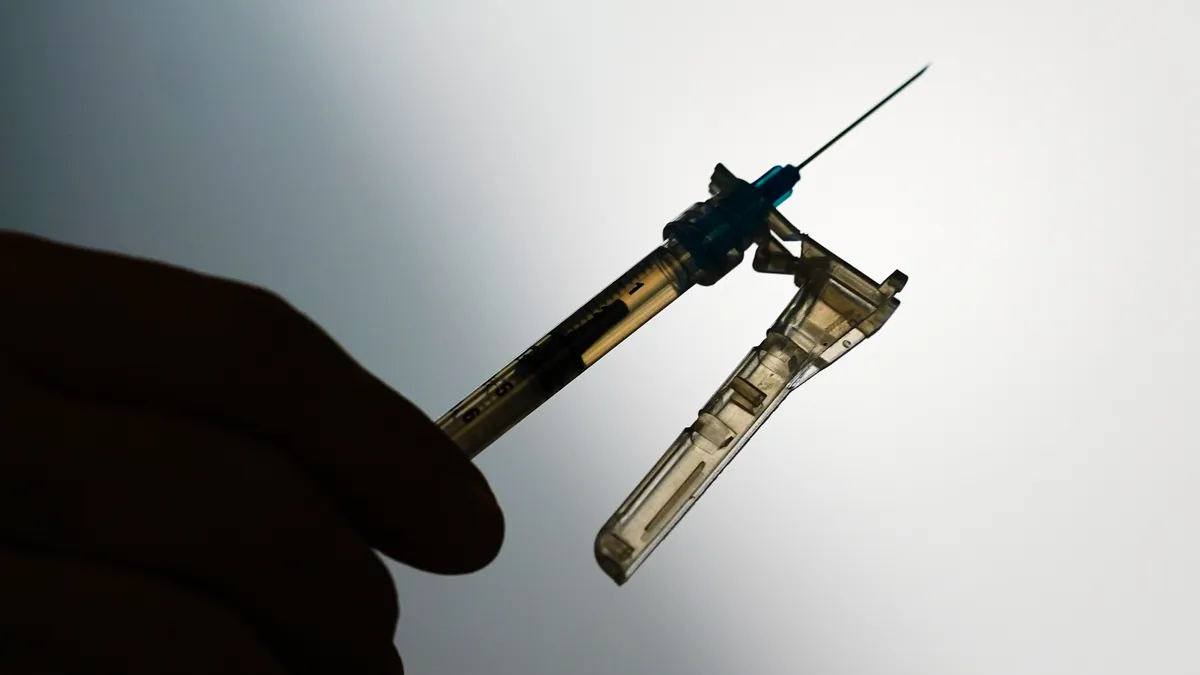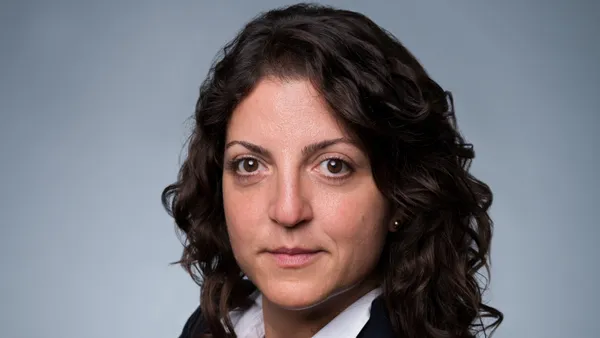Philips will cut about 5% of its workforce after the company recorded a net loss in the third quarter tied to recalls of its faulty sleep respirators and as continuing supply chain woes curbed sales.
Philips, which employed 78,189 people at the end of last year, called the layoffs “immediate” but said it will need to consult with workers councils and social partners.
Most of the layoffs will occur in the U.S., the Netherlands, India and China, the company said in a statement on Monday. Philips plans to cut its Netherlands work force by 800 people, laying off 400 employees and eliminating 400 more positions through attrition and reduced use of temporary workers. No businesses will be divested, but Philips said it may shut some units that generate sales under €20 million ($19.7 million).
The layoffs will cost Philips €300 million over the coming quarters and save it around the same amount annually thereafter. Philips named “warehouse footprint rationalization” as a way it is trying to improve its supply chain. New CEO Roy Jakobs has ordered the changes after identifying execution as Philips’ main challenge.
The immediate job cuts at the fourth-largest medical device maker by revenue are the start of an ongoing review intended to “simplify the way of working and remove organizational complexity,” the company said. Philips added that it expects the review to lead to more changes and job cuts next year.
Recalls
Philips has been reeling from the recall of 5.5 million CPAP, BiPAP and mechanical ventilator devices, which has spurred a 68 percent drop in its share price in the past year. The company is still discussing a proposed consent decree with the U.S. Dept. of Justice to resolve issues related to the recall and recorded a 1.3 billion-euro non-cash charge in the third quarter for “impairment of goodwill” of the Respironics unit.
In addition to the recall woes, Philips said today it sees “prolonged operational and supply challenges, a worsening macro-economic environment and continued uncertainty related to COVID-19 measures in China.”
As a result, the company said it now expects a “mid-single-digit” drop in comparable sales for the fourth quarter, with a “high-single-to double-digit” range for adjusted EBITA margins, unchanged from guidance it issued earlier this month.
Jakobs, who took over on Oct. 15, told investors and analysts on a conference call Monday that he is focused on improving execution, arguing that Netherlands-based Philips is securing contracts but is unable to fulfill orders because of problems including component shortages.
‘Serious challenge’
“We have a very strong order book, but we have a serious challenge in conversion,” Jakobs told investors. “We need to focus more on addressing the supply chain issues that we have with external suppliers, meaning we need to go to the next level of the second, third and fourth tier suppliers to secure components that we need to get to complete our products so that we can bring them to installation,”
Jakobs named three ways Philips will improve execution on his watch. First, the company will strengthen patient safety and quality management. Second, the team will improve supply chain operations. Lastly, it will simplify its way of working.
CFO Abhijit Bhattacharya said the company has seen a “gradual” improvement in the supply chain, although progress has been slower than expected. Specific problems faced in the quarter included electronic component shortages that caused a decline in ultrasound and diagnostic imaging sales.
“We still have shortages of components ... but unfortunately also in the second and third tier. We have improved quite significantly in first-tier suppliers,” CEO Jakobs said. “Last year around this time, we would be looking at around 200 first-tier suppliers that were very constrained. Currently, it's around 20. But even if you have 20 constrained, [if] only one part is missing you cannot complete an installation.”
Rising costs had a “significant impact” in the third quarter, part of a mix of macro trends that Philips expects to continue hurting its business even as it works to put the Respironics recall behind it and improve execution under Jakobs.
The Diagnosis & Treatment unit had sales of 2.292 billion euros in the third quarter, up 6% from 2021, while the Connected Care unit posted revenue of 982 million euros, a drop of 6% from 2021.













